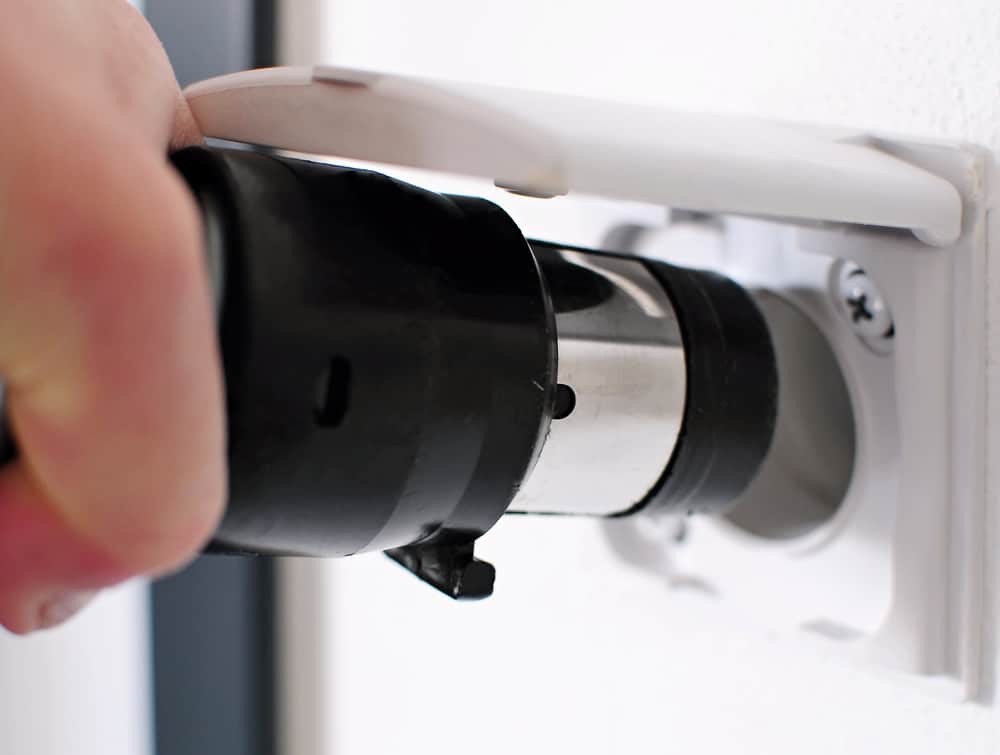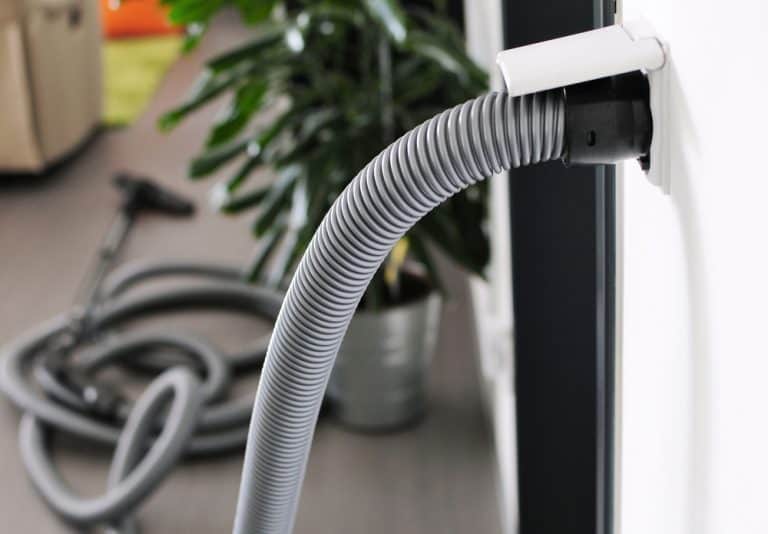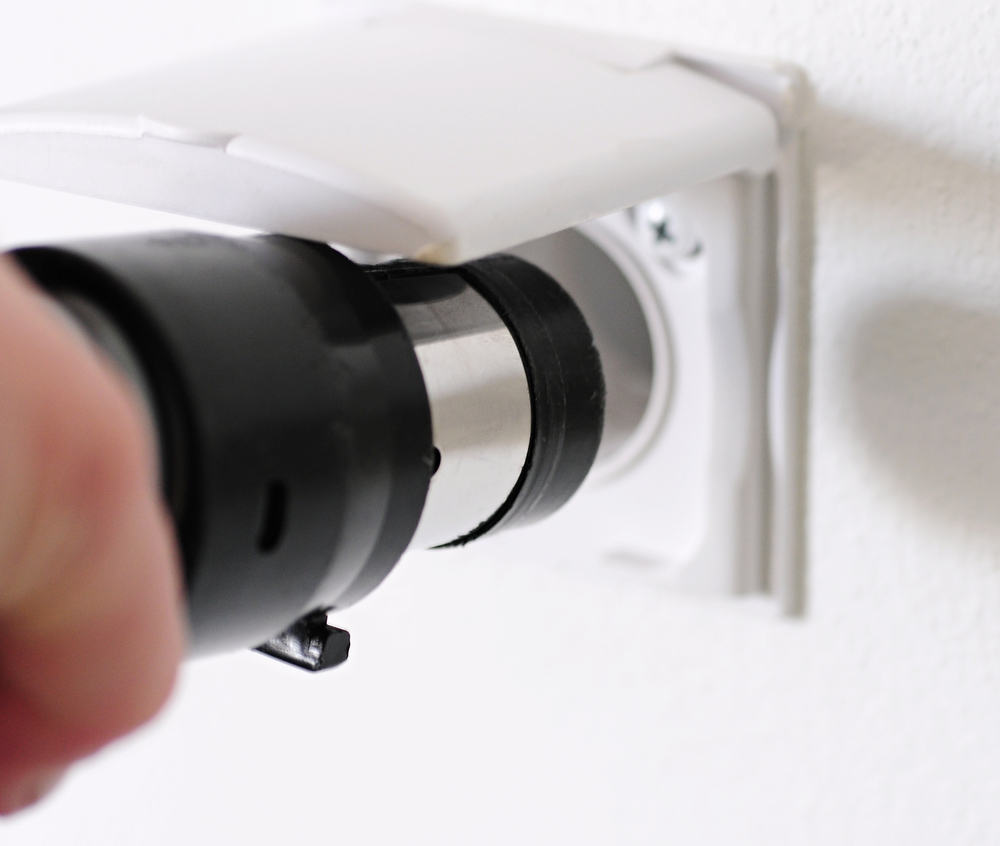Central Vacuum in Levittown, NY.
Utilizing the latest diagnostic tools to quickly and accurately resolve any issues with your central vacuum system.











When it comes to cleaning, no other appliance can compare to central vacuum systems. They provide convenient, efficient whole-house cleaning that far exceeds standard upright and canister vacuum cleaners. Whether you’re interested in maximizing your cleaning power with a new central vacuum installation, you want to keep your existing system in tip-top condition with routine central vacuum service, or you are experiencing problems and require central vacuum repair, there’s only one company to call: DuraVac. With more than 50 years of experience and a proven track record of success, it’s safe to say that the experts at DuraVac are the Nassau County central vacuum specialists.

Reasons to Consider Central Vacuum Systems
Central vacuums are a whole-house cleaning solution. They’re comprised of a power unit, which is housed in a convenient, yet remote location, such as a garage or a basement. Connected to the power unit is a series of tubes, which are attached to inlet valves that are built directly into the walls of your property. Long, lightweight hoses are connected to the inlet valves, which are used to vacuum the surfaces in your home or office. The dirt, debris, and dust that the vacuum system picks up travels through the hoses, and that debris is stored in the canister, which is also situated in a remote location (usually near the power unit). The end result: efficient, powerful cleaning.
When you want to vacuum, simply attach a hose to the inlet valve, connect an attachment to the hose, and you’re ready to go! What type of benefits do central vacuum systems offer? Let’s take a look:

Given all of these benefits, it’s easy to see why central vacuum systems are such desired appliances. In fact, property buyers are often willing to pay top dollar for homes or businesses that feature these systems, as they know the value that they provide.
DuraVac: Nassau County’s Residential and Commercial Central Vacuum Specialists
Are you thinking about taking advantage of all the benefits that central vacuum systems provide? If, contact the company that varLocation name residents and businesses business rely on for all of their central vacuum needs: DuraVac. For more than five decades, this full-service central vacuum company has been delivering exceptional installation, maintenance, and repairs for all types of systems.
What makes DuraVac different from other companies that offer central vacuum services? Some of the reasons why they continuously receive A+ ratings from the clients they serve include the following:
All of these benefits and affordable prices; that’s why DuraVac is the most trusted central vacuum service provider in Nassau County.
For Expert Central Vacuum Services, Contact DuraVac Today!
Whether you need your existing central vacuum maintained or repaired, you are thinking about installing a new system, or you require any other service for your whole-house cleaning system, get in touch with DuraVac. No other company in Nassau County can compare to the incredible results they provide. Call 516-822-3060 to schedule an appointment or to learn more about their expert central vacuum services.
The building firm, Levitt & Sons, headed by Abraham Levitt and his two sons, William and Alfred, built four planned communities called “Levittown”, in New York, Pennsylvania, New Jersey, and Puerto Rico; the Levittown in New York was the first. Additionally, Levitt & Sons’ designs are featured prominently in the older portion of Buffalo Grove, Illinois; Vernon Hills, Illinois; Willingboro Township, New Jersey; the Belair section of Bowie, Maryland; and the Greenbriar section of Fairfax, Virginia.
The Levitt firm began before World War II, as a builder of custom homes in upper middle-class communities on Long Island. During the war, however, the home building industry languished under a general embargo on private use of scarce raw materials. William “Bill” Levitt served in the Navy in the Seabees – the service’s construction battalions – and developed expertise in the mass-produced building of military housing using uniform and interchangeable parts. He was insistent that a postwar building boom would require similar mass-produced housing, and was able to purchase options on large swaths of onion and potato fields in undeveloped sections of Long Island.
Returning to the firm after war’s end, Bill Levitt persuaded his father and brother to embrace the utilitarian system of construction he had learned in the Navy. With his brother, Alfred, who was an architect, he designed a small one-floor house with an unfinished “expansion attic” that could be rapidly constructed and as rapidly rented to returning GIs and their young families. Levitt & Sons built the community with an eye towards speed, efficiency, and cost-effective construction; these methods led to a production rate of 30 houses a day by July 1948.They used pre-cut lumber and nails shipped from their own factories in Blue Lake, California, and built on concrete slabs, as they had done in a previous planned community in Norfolk, Virginia. This necessitated negotiating a change in the building code, which prior to the building of this community, did not permit concrete slabs. Given the urgent need for housing in the region, the town agreed. Levitt & Sons also controversially utilized non-union contractors in the project, a move which provoked picket lines. On the other hand, they paid their workers very well and offered all kinds of incentives that allowed them to earn extra money, so that they often could earn twice as much a week as elsewhere. The company also cut out middlemen and purchased many items, including lumber and televisions, directly from manufacturers. The building of every house was reduced to 26 steps, with sub-contractors responsible for each step. His mass production of thousands of houses at virtually the same time allowed Levitt to sell them, with kitchens fully stocked with modern appliances, and a television in the living room, for as little as $8,000 each (equal to $92,721 today), which, with the G.I. Bill and federal housing subsidies, reduced the up-front cost of a house to many buyers to around $400 (equal to $4,636 today).
Learn more about Levittown.